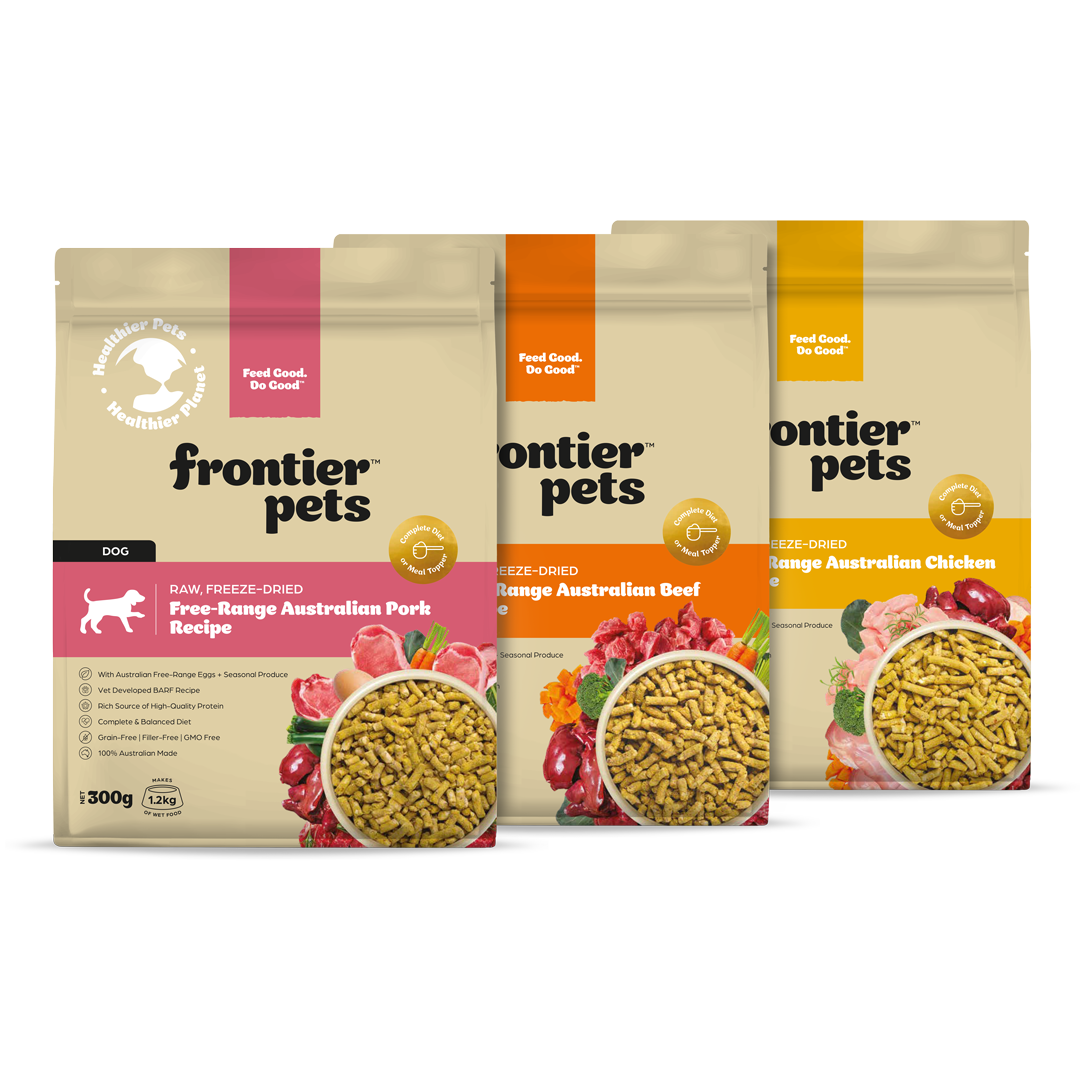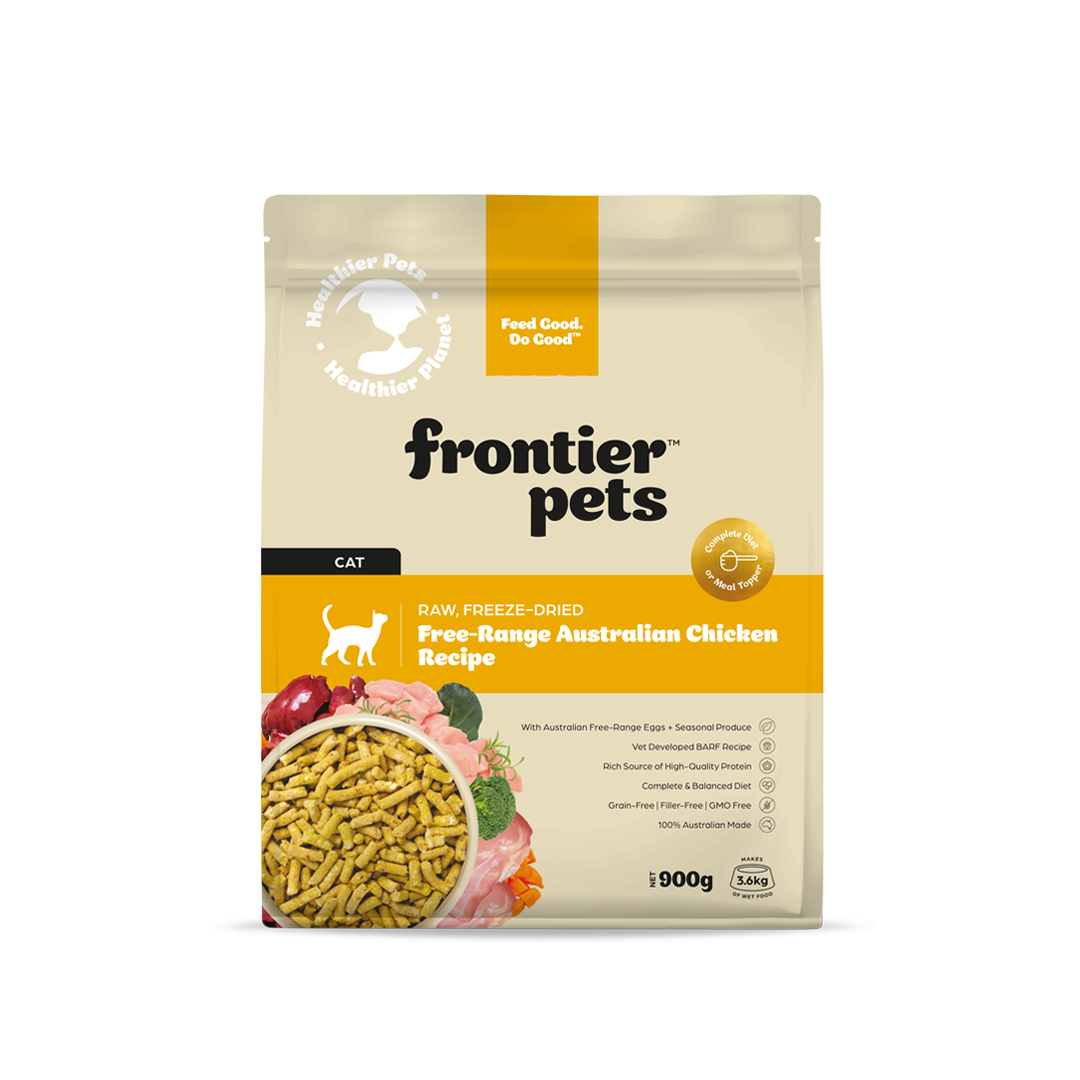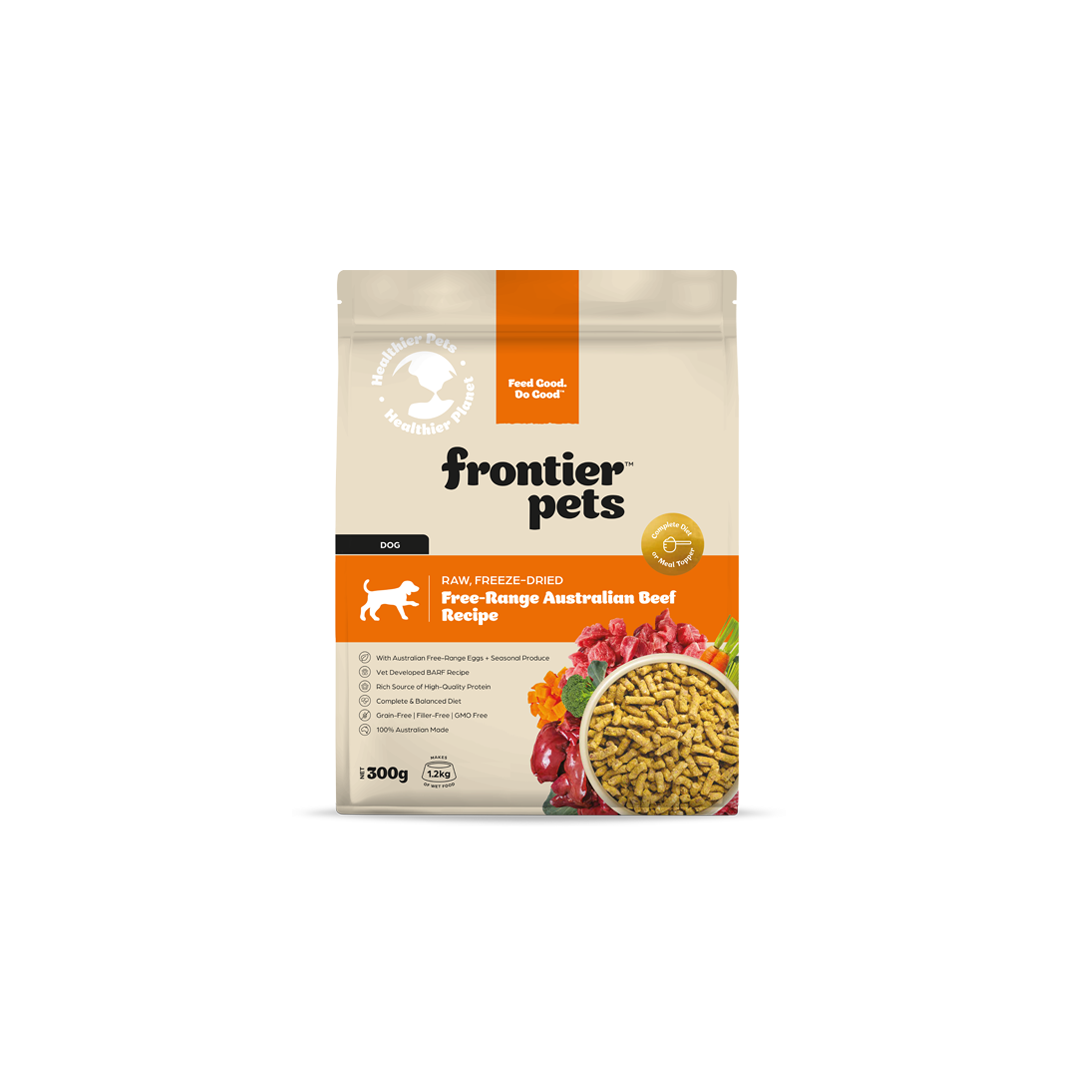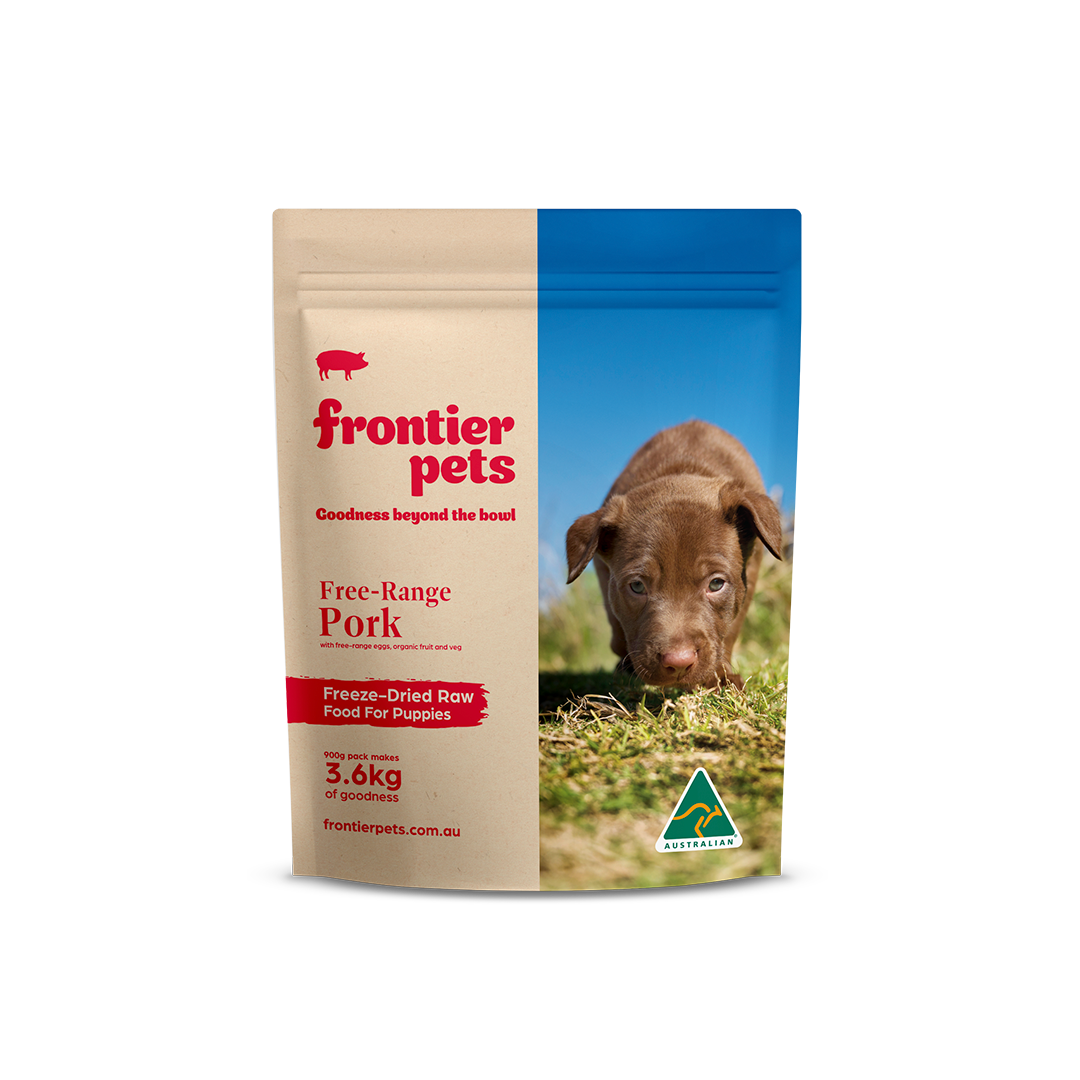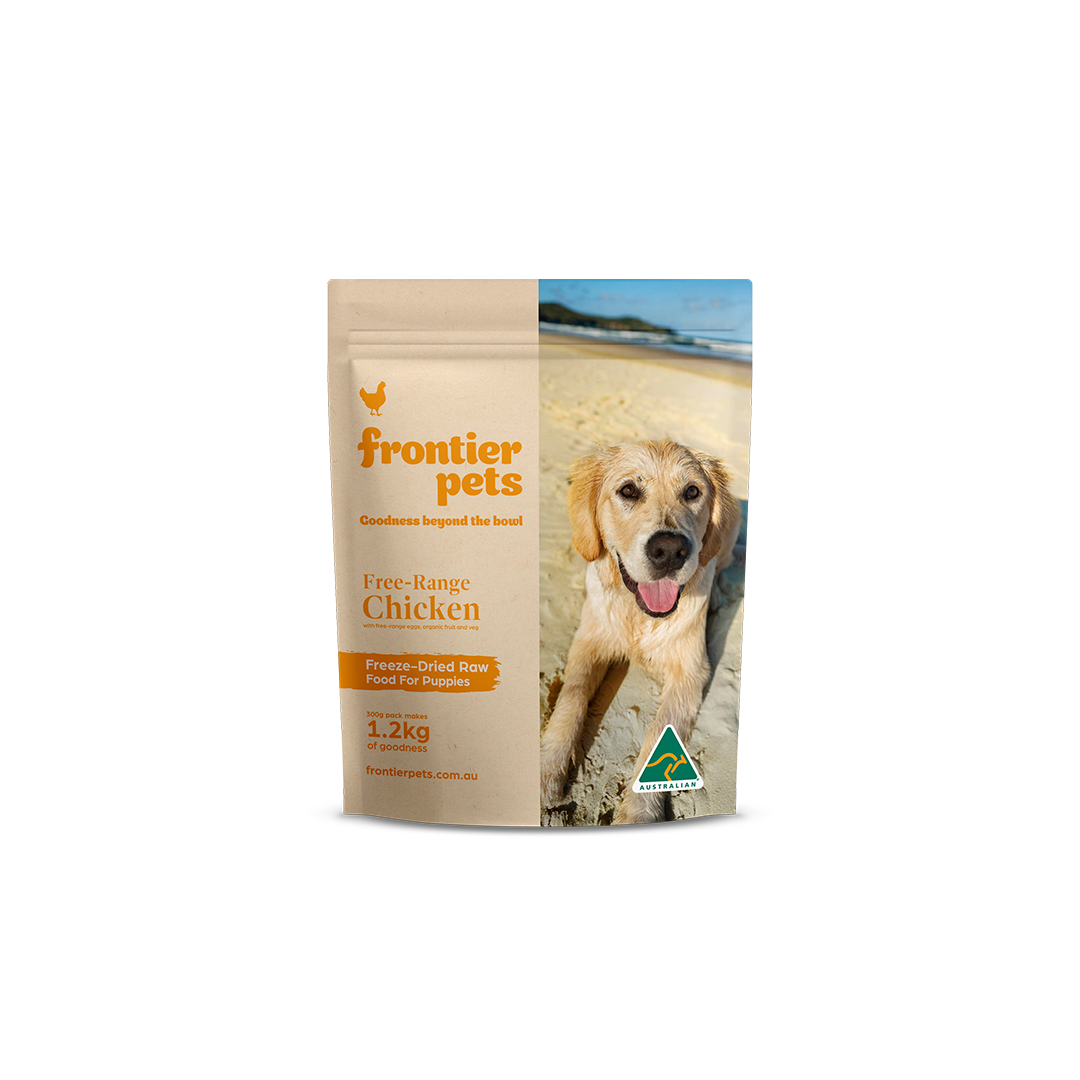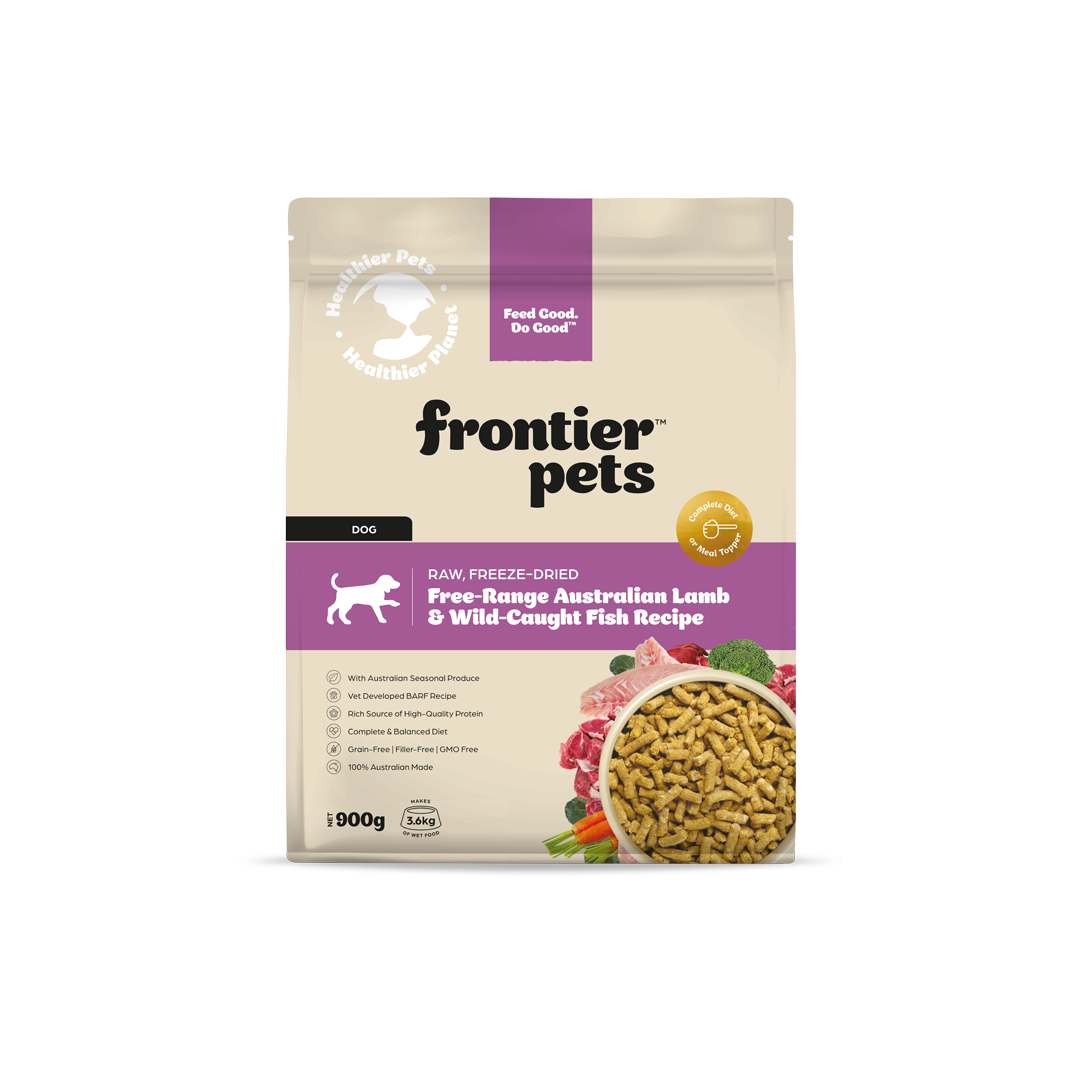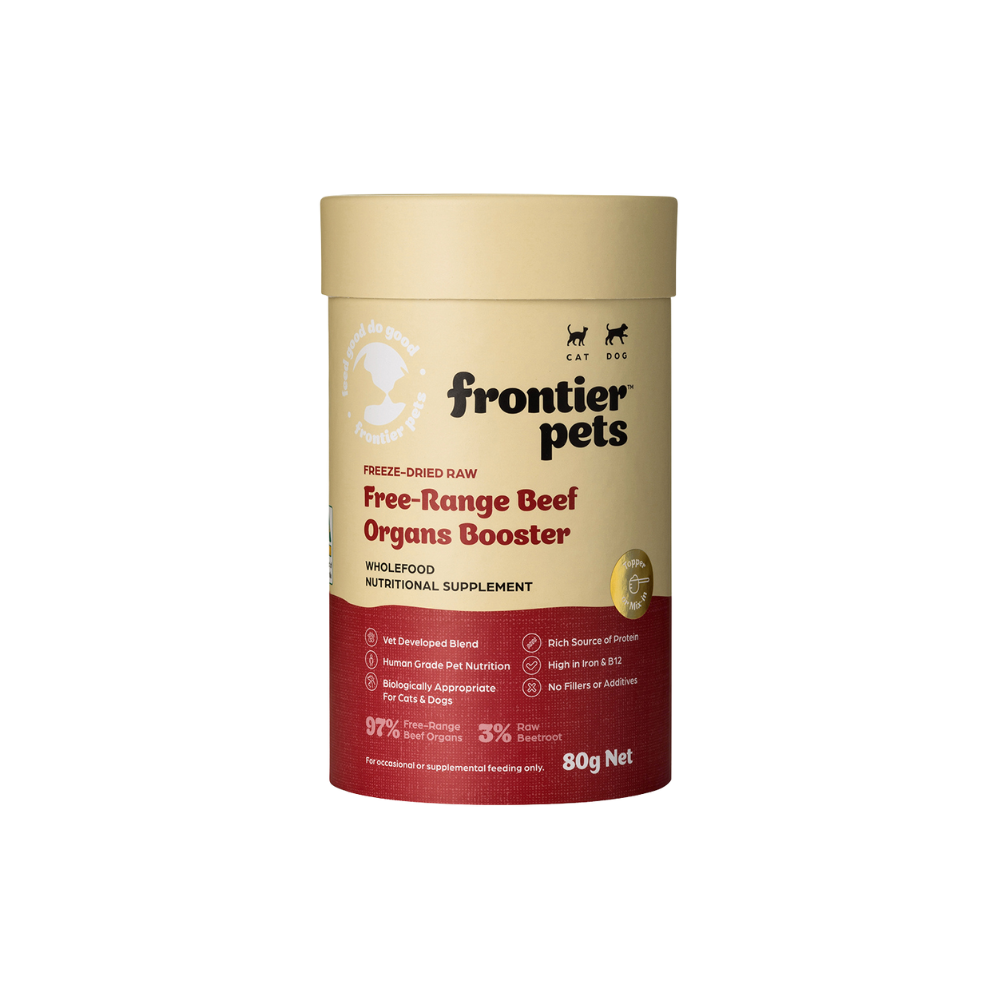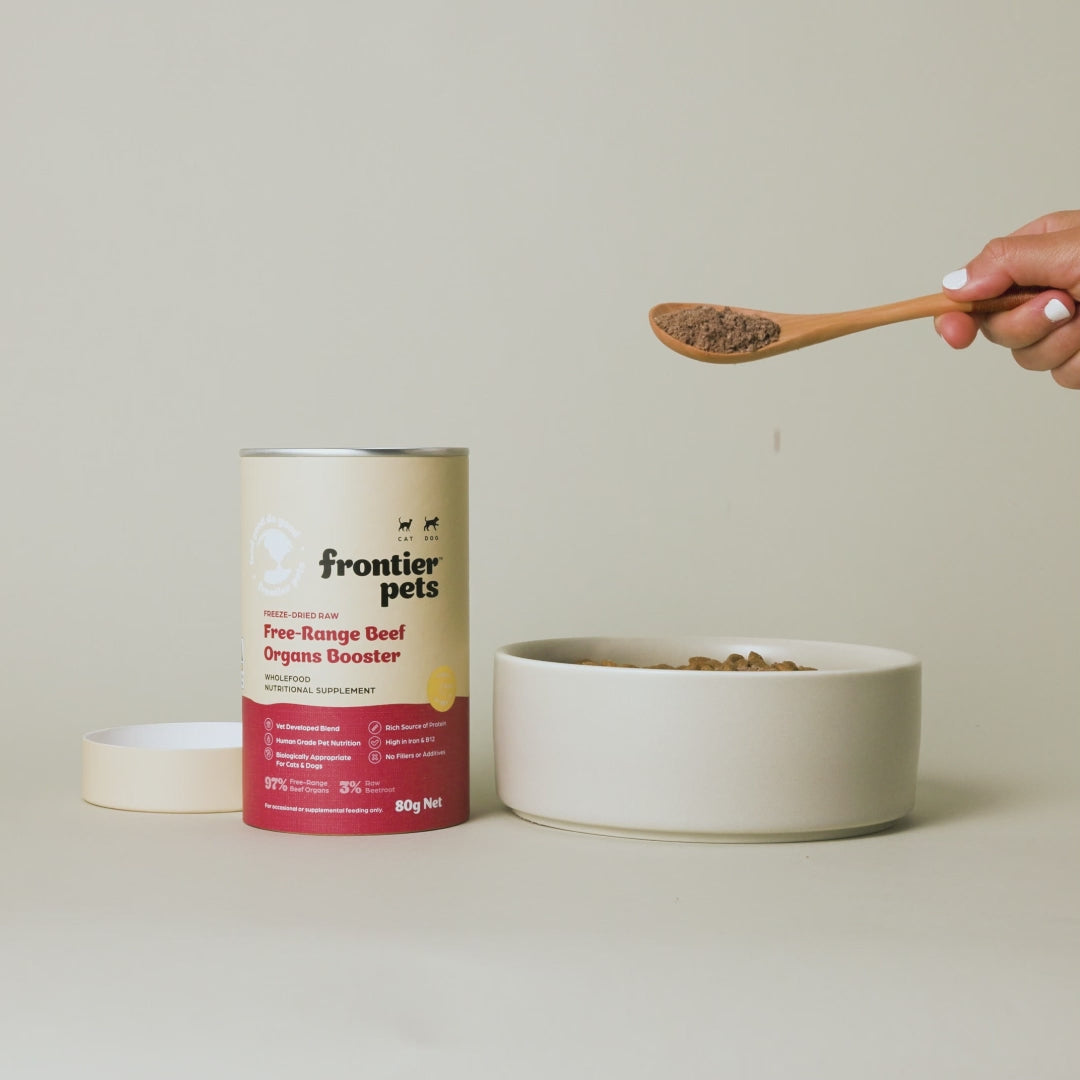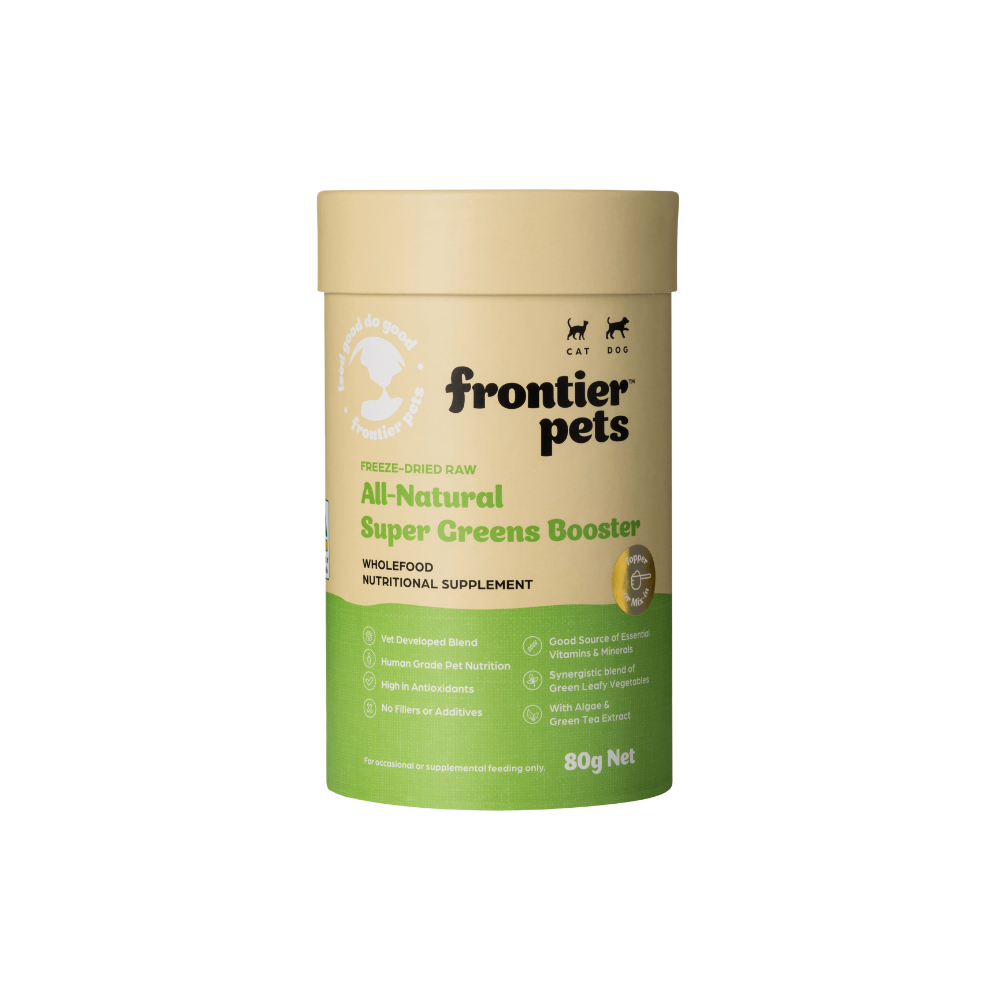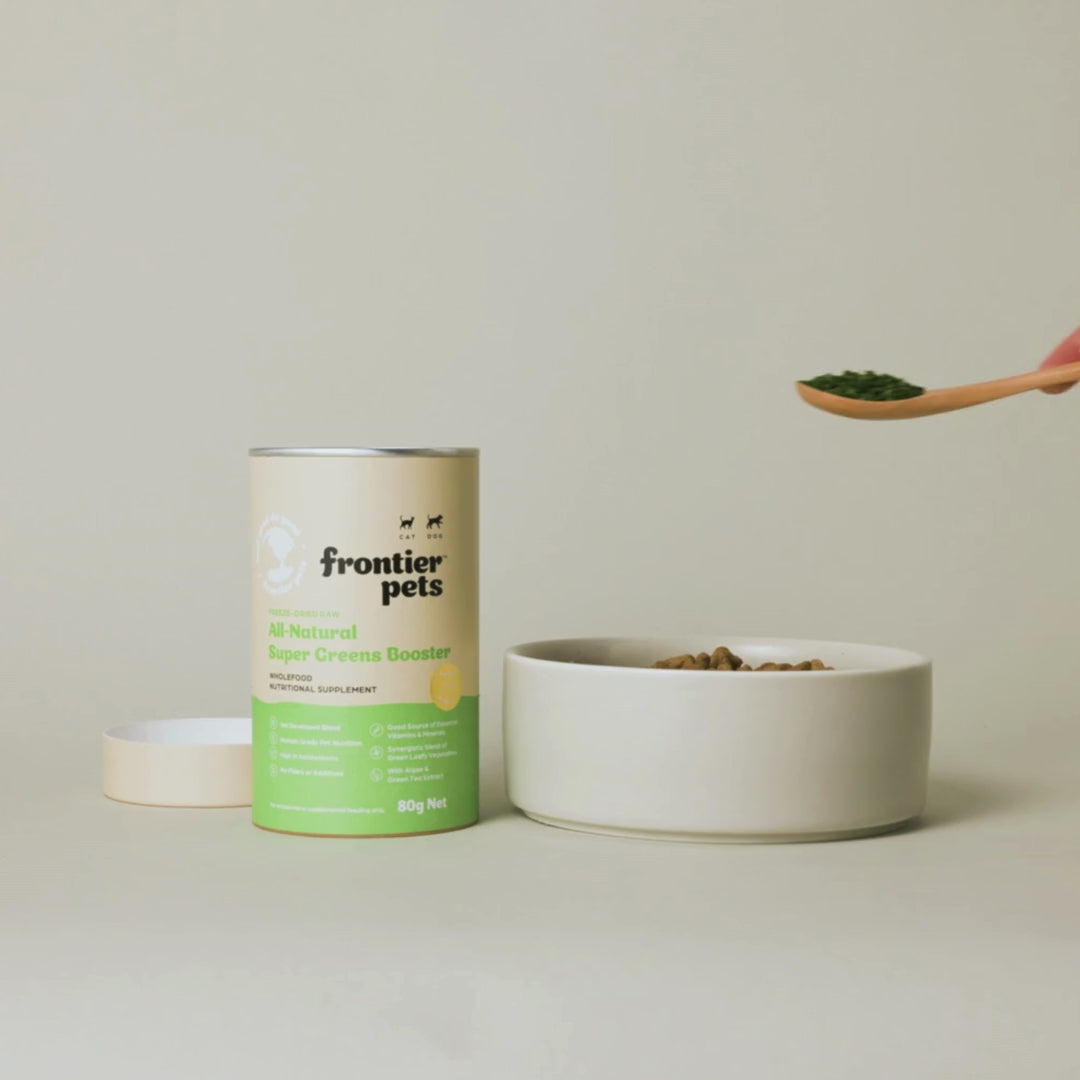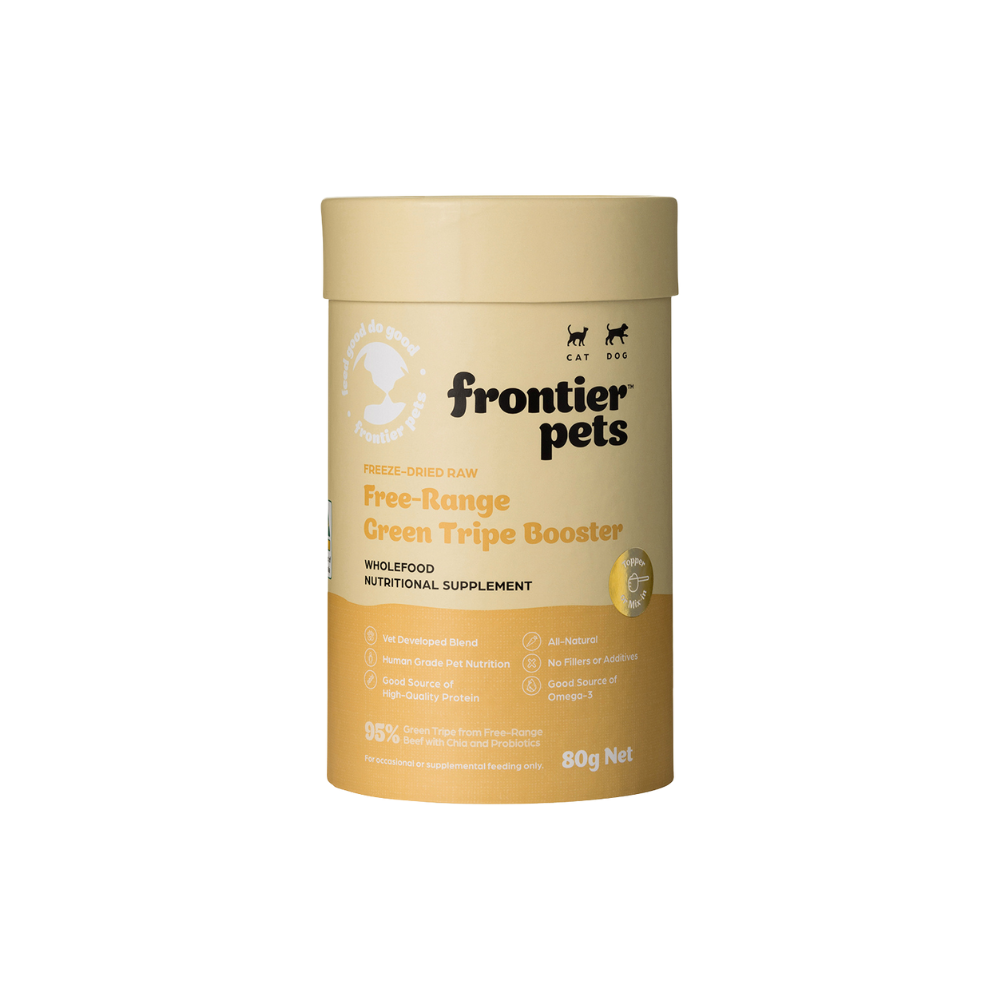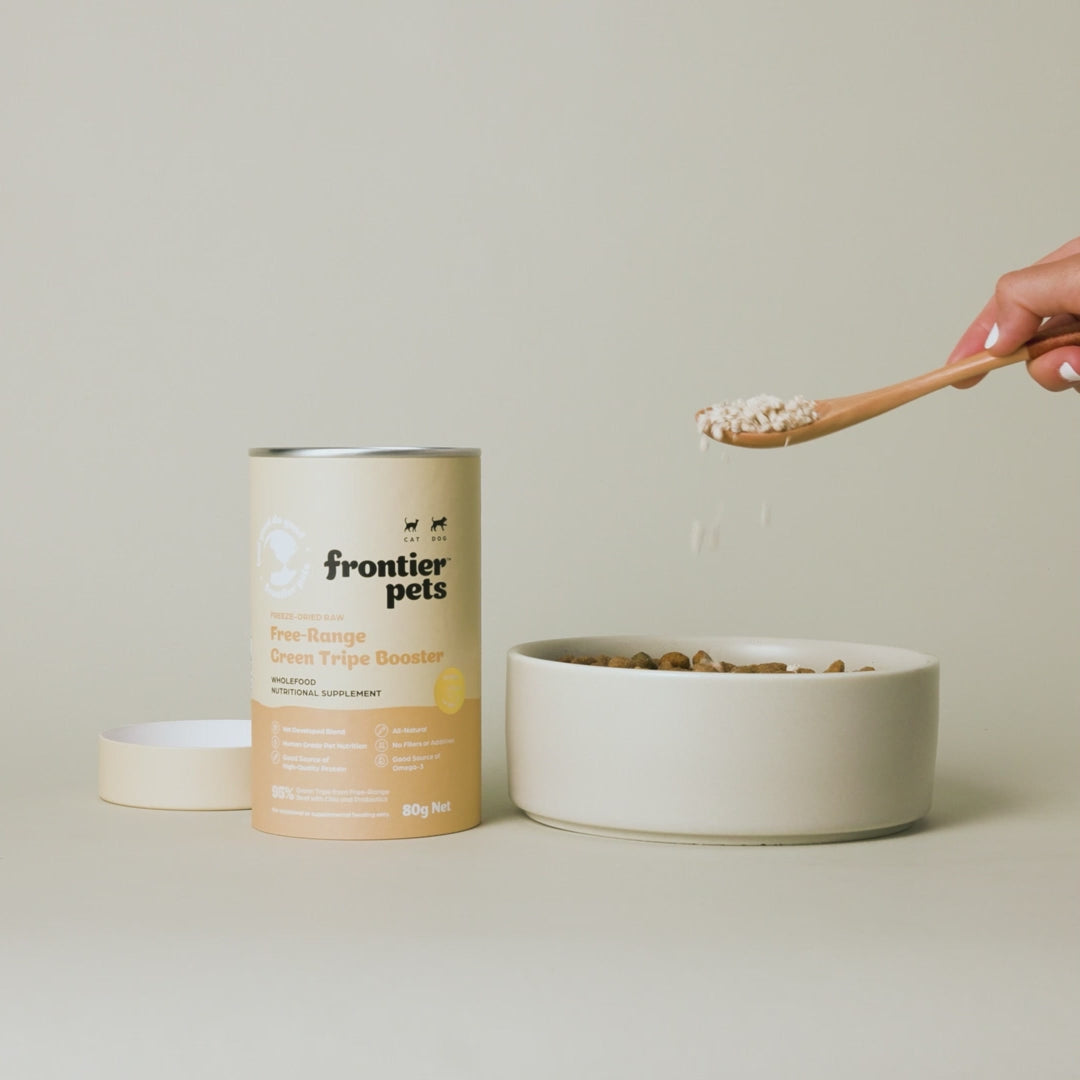Green-lipped mussel for dogs: Uncover the Surprising Health Benefits!

Many pet owners are exploring natural options to support their dog’s health, but with so many options on the market, it’s hard to know which ones might provide the most benefit. As dogs grow, age, joint health, immune function, and overall wellness become critical areas of focus.
These issues can affect a dog’s quality of life. Joint problems or arthritis in dogs can limit mobility, while digestive and immune concerns can leave your pet vulnerable to illness. With traditional supplements like glucosamine available, some pet owners wonder if there are natural alternatives that may offer a broader range of potential health benefits for their dogs.
What is green-lipped mussel?
One natural source that has been gaining attention in the pet world is green-lipped mussels. Sourced from New Zealand, green-lipped mussels are rich in Omega-3 fatty acids, which are being studied for their potential anti-inflammatory properties. Research suggests that these mussels may support joint health, possibly alleviating discomfort for dogs experiencing joint pain. Additionally, they contain nutrients like glycosaminoglycans (GAGs), which are linked to cartilage support.
Studies also explore how the nutrient-rich profile of green-lipped mussels might support immune health, skin, and coat conditions, as well as digestive health. While ongoing research continues to evaluate the full spectrum of benefits, many pet owners are exploring the possibility of including green-lipped mussels in their dogs' diets.
What is the difference between green-lipped mussels and Australian Mussels?
Green-Lipped Mussels and Australian Mussels are both nutrient-rich, but they differ in origin, size, and nutrient profile:
- Green-Lipped Mussels: Native to New Zealand, these mussels are larger and softer with a milder flavour. They are renowned for their rich content of Omega-3 fatty acids (EPA, DHA, and ETA), as well as glycosaminoglycans (GAGs), which are linked to joint and cartilage health. Green-lipped mussels are often studied for their potential anti-inflammatory properties, particularly in relation to joint support in both humans and animals.
- Australian Mussels: These mussels, including Australian Blue Mussels, are smaller, firmer, and have a stronger "briny" taste. Sourced from the clean waters of Australia, they are also rich in Omega-3s but have a different texture and are considered a flavorful treat for pets. While they don't have the same joint health research behind them as green-lipped mussels, Australian Blue Mussels are still seen as a healthy, nutrient-dense option, particularly as a natural treat for pets due to their size and chewiness.
Green-lipped mussels are larger, softer and milder, blue mussels are smaller, chewier, and have a stronger "briny" taste which is why we made these dogs treats for dog and cats due to their size and texture.
Is green-lipped mussel good for dogs?
The Benefits of Green-Lipped Mussels for Dogs
Green-lipped mussels, a natural superfood sourced from the pristine waters of New Zealand, have gained popularity among pet owners as a beneficial supplement for dogs. Rich in essential nutrients, these molluscs offer a variety of health benefits that can promote overall wellness in our canine companions. Here’s a closer look at why green-lipped mussels are considered a fantastic addition to your dog's diet.
1. Omega-3 Fatty Acids
One of the standout features of green-lipped mussels is their high content of omega-3 fatty acids, particularly eicosapentaenoic acid (EPA) and docosahexaenoic acid (DHA). These essential fats are known for their anti-inflammatory properties, making them particularly beneficial for dogs suffering from joint pain, arthritis, or hip dysplasia. Omega-3 fatty acids can help reduce inflammation, leading to improved mobility and quality of life for affected dogs.
2. Joint Health Support
In addition to their omega-3 content, green-lipped mussels also contain glycosaminoglycans (GAGs), which are vital components in the maintenance of healthy cartilage and connective tissues. By incorporating green-lipped mussels into your dog's diet, you may help strengthen their joints and reduce the risk of degeneration. Many pet owners have reported noticeable improvements in their dog's joint health after regularly supplementing with this marine delicacy.
3. Enhanced Immune System
The rich nutrient profile of green-lipped mussels can also play a role in supporting your dog's immune system. They are packed with vitamins, minerals, and antioxidants, which can help bolster your pet’s natural defences against illnesses. A strong immune system is crucial for maintaining overall health, especially as dogs age or if they are prone to certain health issues.
4. Digestive Health
Green-lipped mussels can also benefit your dog’s digestive health. They contain natural enzymes that aid in the breakdown of food, improving nutrient absorption. Additionally, their high fiber content can promote healthy digestion and regular bowel movements. For dogs with sensitive stomachs or digestive disorders, incorporating green lipped mussels may help alleviate some of these issues.
5. Skin and Coat Health
A shiny coat and healthy skin are indicators of a well-nourished dog. The fatty acids and other nutrients found in green-lipped mussels can contribute to maintaining a healthy skin barrier and reducing issues such as itching and inflammation. Regular supplementation may promote a softer, shinier coat, helping your dog to look and feel their best.
How does Frontier Pets use Green-Lipped Mussels?
At Frontier, we include Green-Lipped Mussels in our puppy food formula, providing a natural source of Omega-3 fatty acids, glucosamine, and chondroitin. These ingredients are known for supporting joint function, skin health, and overall development. By incorporating this nutrient-rich superfood, we aim to offer a balanced diet that meets the needs of growing puppies, contributing to their vitality and active lifestyle.
Mussels - Healthy Dog Snacks
A natural superfood from the sea, we also offer Australian Blue Mussels Wholefood Treats as a treat to enhance your pet's overall health and wellbeing.
Our Mussels contain no grains and no gluten. We use no artificial preservatives or flavours. Each treat is made from 100% Australian Blue Mussels. Rich in Omega-3 fatty acids, they help support joint health and assist in the body’s natural anti-inflammatory response. Additionally, they contribute to improved skin condition and a shinier coat.
How much mussels can I give my dog?
For puppy food with Green-Lipped Mussels already included, there's no need to calculate the specific amount of mussels to give—just follow the general daily feeding guidelines for the puppy food and feed based on their age, weight, and activity level.
For treats like Australian Blue Mussels, always check the packaging for specific feeding suggestions. Treats are supplementary and should be given in moderation, not exceeding 10% of your dog's daily calorie intake.
For whole mussels as a treat, a general rule of thumb is to give:
- Small dogs: 1-2 mussels per day
- Medium dogs: 2-4 mussels per day
- Large dogs: 4-6 mussels per day
Always adjust based on your dog's size, dietary needs, and caloric intake. It's also a good idea to consult your vet before introducing new food into their diet.
What are the side effects of mussel for dogs?
While mussels, particularly green-lipped mussels and Australian Blue mussels, are generally considered a safe and nutrient-rich food for dogs, there are some potential side effects to be aware of, especially when introducing them into your dog’s diet.
|
Potential Side Effect
|
Description
|
|
Allergic Reactions
|
Some dogs may have or develop a shellfish allergy. Signs include itching, swelling, vomiting, or diarrhea. If your dog is allergic to shellfish, avoid mussels.
|
|
Digestive Upset
|
Introducing mussels too quickly or in large amounts can cause gastrointestinal issues like diarrhea, vomiting, or gas. Start slowly and feed in moderation.
|
|
Sodium Content
|
Processed mussels may contain added salt or preservatives, which can lead to dehydration or other complications. Always choose fresh or pet-safe mussels.
|
|
Contaminants
|
Mussels from polluted waters may contain toxins or heavy metals. Opt for high-quality, sustainably sourced mussels to reduce contamination risks.
|
|
Overfeeding
|
Overfeeding mussels can lead to weight gain or dietary imbalances. Use them as treats or supplements, not as a primary food source.
|
While mussels are generally a healthy supplement or treat for dogs, it's important to monitor for allergic reactions, and digestive issues, and ensure they come from safe, reputable sources. Always consult your veterinarian before introducing any new food, including mussels, into your dog’s diet.
Conclusion
At Frontier Pets, we’ve taken note of this research and included green-lipped mussels in our puppy food to provide a natural source of Omega-3 fatty acids and other essential nutrients. We also offer Australian Blue Mussel Wholefood Treats, which are being studied for their potential to provide similar benefits, along with their clean, sustainable sourcing.
Could incorporating green-lipped mussels help support your dog's overall wellness? While research is still developing, some pet owners report noticing improvements in their dogs' joint comfort, skin condition, and vitality after adding these nutrients to their diet. For dogs prone to joint issues, digestive problems, or coat conditions, the potential benefits of green-lipped mussels are an exciting area of interest.
If you’re curious about how green-lipped mussels might support your dog’s health, consider incorporating them into their diet. While research is still emerging, some pet owners are excited about the potential benefits, and Frontier offers convenient ways to try these nutrient-rich mussels. As always, consult with your veterinarian before making any changes to your dog’s diet to ensure it's the right fit for your pet's specific needs.
Frequently Asked Questions (FAQs)
More Blog posts

Best Low Maintenance Dog Breeds in Australia
Choosing your new fluffy companion is never easy. There is a wide range of considerations that go into finding the perfect pup for you! From your lifestyle to your living arrangements, it’s importa...
Read more
Steps With Pets Charity Challenge, August-September 2025
Steps with Pets – Tottenham Hotspur’s global charity dog-walking challenge, supported by Frontier Pets Calling all dog-loving Spurs fans around the world! This is your chance to combine your pass...
Read more
